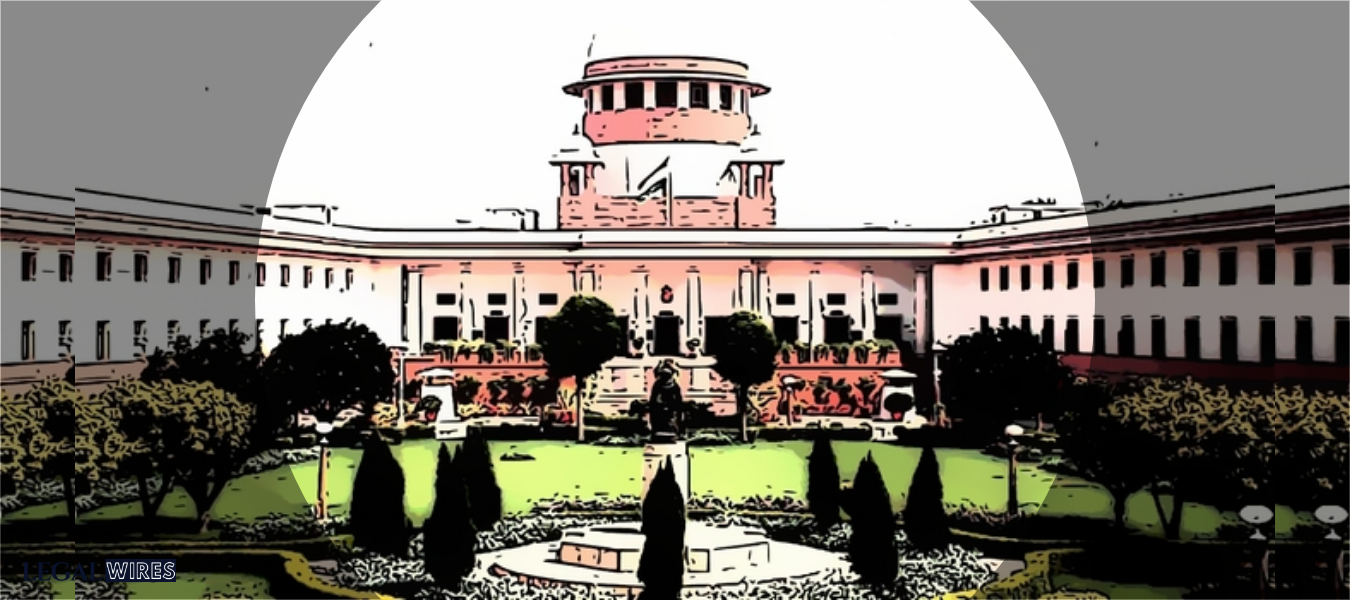During extreme debates about the justness of the Supreme Court’s

During extreme debates about the justness of the Supreme Court’s contempt ruling against Advocate Prashant Bhushan for his tweets in opposition to the judiciary & the Chief Justice of India, an order approved by the top Court in 2018 undertakes relevance.
That was a case relating to a contempt action against an advocate of the Punjab& Haryana High Court for producing a Facebook post against a judge.
Manish Vashisht, an advocate & also a reporter of ‘Punjab Kesari’ daily, produced a Facebook post in 2017 against Justice Inderjit Singh of HC contending that the Judge released three of his cases illegally, without trial. He continued that the Judge took a week to announce the judgment as he had no clue what to write in it. The order was not a language order. Not ending there, the advocate said that a magistrate could have penned a better verdict. Though High Court judges warn Magistrates for not publishing orders on the same day, they are not publishing orders even after seven days; he included in the post.
After knowing about the Facebook post, Justice Inderjit Singh commenced Suo Moto disdain proceedings against the advocate & transferred the matter to a division bench.
The case was deemed by a division bench comprising of Justices M.S. Bedi and Hari Pal Verma.
The advocate-journalist, in answer to the contempt notice, contended that the Court could not be a prosecutor & a judge of its cause. The division bench rebuffed his contentions by asserting that the High Court has intrinsic power under Article 215 of the Constitution to exert contempt jurisdiction to safeguard its dignity and authority.
The Court maintained that the advocate’s post amounted to contempt of Court & stated that He is held guilty of having committed disdain of Court by delivering contemptuous journal, annexure P-8, alleging that the Judge approved against him by the High Court was not speaking & a Magistrate could have written a better verdict. The Judge had not published the judgment as the Judge might not have realized what was to be penned. Such a disparaging remark is disdainful on the face of it as such the contemnor is held accountable for having done contempt of Court.
Though he appealed that mercy may be shown in sentence pondering the fact that he was an advocate, the Court set down this plea & punished him with 1-month imprisonment.
The Court noted that advocates, as officers of the Court, have to preserve the decorum & authority of the Court.
The dignity & authority of the Court has to be preserved not only by the general public but also by the advocates who represent an essential part of the system of dispensation of justice and are deemed as officers of the Court.
The High Court adjourned the sentence for 1 month to allow him to appeal to the Supreme Court.
Supreme Court’s order-
The Supreme Court put aside his guilty verdict & sentence in a 1-page order, seeing that it was not a case where disrespect action should have been taken in the earliest place. The quick order of the Supreme Court did not examine the virtues of the matter in detail while reversing the High Court decision.
In the order approved on November 12, 2018, a bench comprising of Justice AK Sikri and Justice R Subhash Reddy stated that they had gone through the case in detail & believed that it was not a case where such contempt action must have been taken against the appellant who is an Advocate. We thus permit this appeal and set aside the disputed order passed by the High Court.
On August 14, the Supreme Court conducted Prashant Bhushan responsible for criminal contempt for tweeting against the judiciary. A tweet, made in mention to a picture of CJI Bobde driving a Harley Davidson bike, charged that the CJI was relishing expensive bike rides while maintaining the Supreme Court in lockdown.
Additional tweets alleged that the Supreme Court supported the destruction of democracy in the past 6 years, and the last four CJIs performed a particular role in that.
The Court held that the tweets were centered on inaccurate facts & had the effect of destabilizing the authority & nobility of the Court.
A bench comprising of Justices Arun Mishra, B R Gavai & Krishna Murari in the judgment observed that the tweet had the impact of undermining the very groundwork of this critical pillar of the Indian democracy. There is no way of doubt that the tweet inclines to shake public assurance in the institution of the judiciary.





